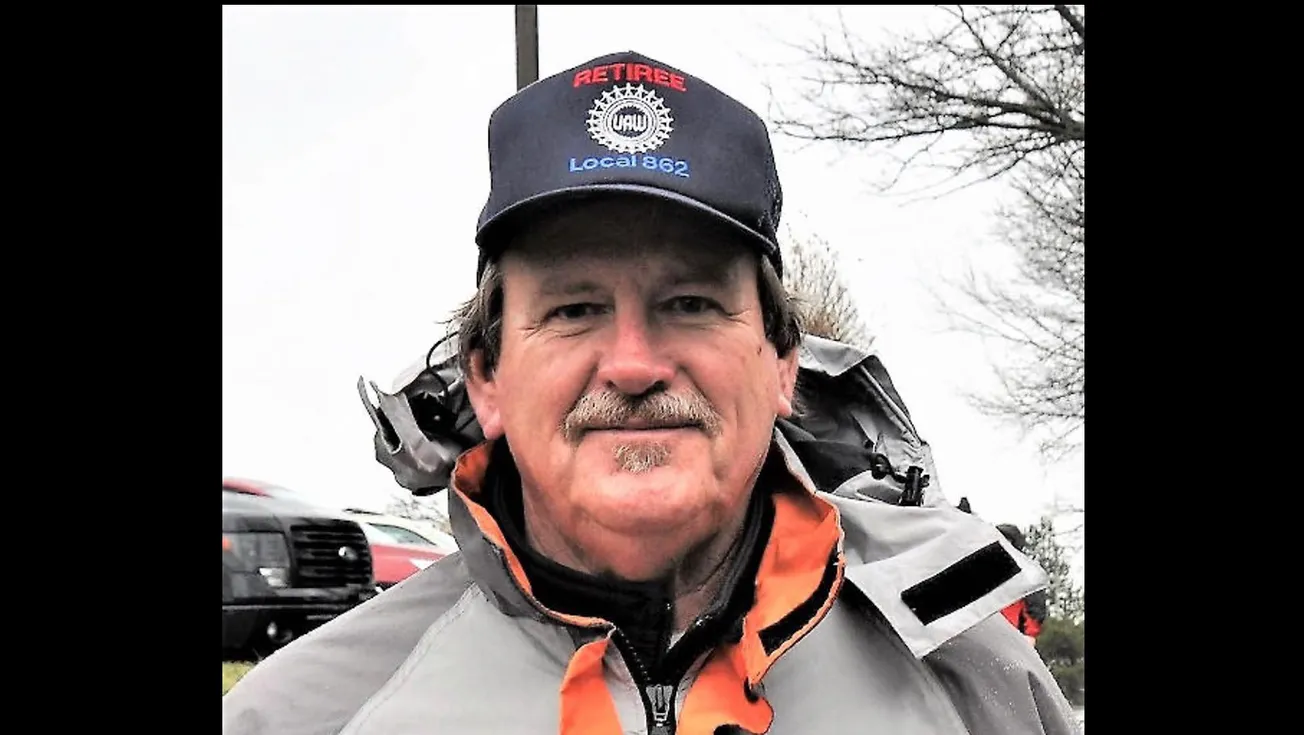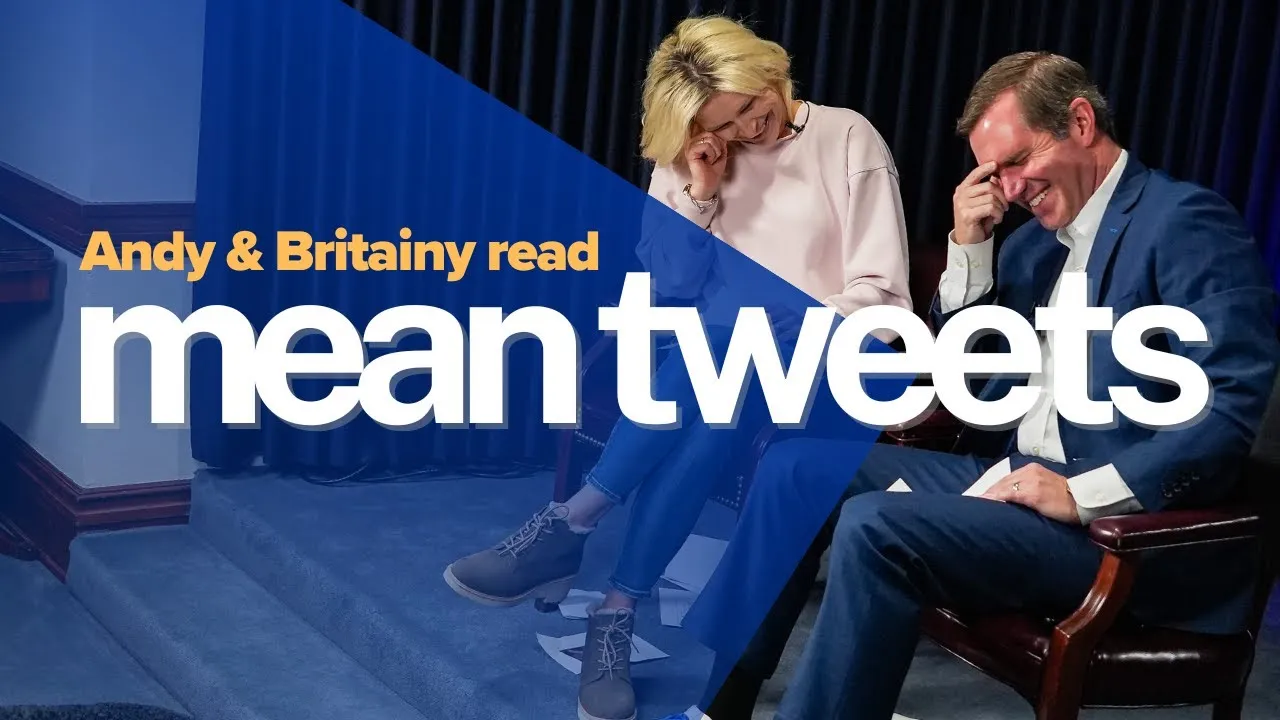A veteran Kentucky union activist believes the United Auto Workers’ landslide victory at the Chattanooga, Tenn., Volkswagen plant bodes well for the union succeeding next month at the Mercedes Benz assembly and battery factories near Tuscaloosa, Ala.
“Timing and momentum are everything,” said Kirk Gillenwaters, a Louisville UAW Local 862 retiree and a friend of UAW President Shawn Fain.
A union win required a simple majority. Seventy-three percent of the workers who voted opted for UAW representation. Union drives had failed at VW-Chattanooga in 2014 and 2019.
“Today, workers all across this country realize the importance of having a voice in the workplace and being organized. Many of them are young,” said Gillenwaters, who is also a member of the Kentucky State AFL-CIO Executive Board and president of the Kentucky chapter of the Alliance for Retired Americans.
He suspects that support from younger workers might have been the key to the UAW triumph. So does roving labor journalist Mike Elk. He publishes Payday Report online, which he bills as “covering labor in news deserts.”
“Over the last decade, there has been a sea change among workers at Volkswagen’s Chattanooga plant, in large part due to this newer, younger workforce,” wrote Elk in The American Prospect on April 19, just hours before the vote was tallied. (The story is posted on Payday Report.) “It could lead to a historic victory in the union election, which concludes today, and the signature victory for organized labor in the South that has eluded them for years.”
Gillenwaters said that historically, the “right to work” South’s conservative anti-union governors and state and national lawmakers have united to keep unions out. (Under a “right to work” law, workers at a union shop can enjoy union-won wages and benefits without joining the union or paying the union a service fee to represent them.)
A day before voting started at VW-Chattanooga, Gov. Bill Lee and the governors of Alabama, Georgia, Mississippi, South Carolina and Texas hurried out a joint statement claiming that a UAW victory at VW would jeopardize jobs and “the values we live by.”
All six governors are conservative Republicans and Donald Trump loyalists. Their “values” include keeping unions at bay – also a “value” of conservative, white Democrats who dominated politics before the white South turned GOP Red.
Old-time Dixie Democrats feared unions would undermine the South’s racist Jim Crow system of state laws which segregated Blacks from whites and denied Blacks the vote. In a union everybody is supposed to be equal.
“The labor-hater and labor-baiter is virtually always a twin-headed creature spewing anti-Negro epithets from one mouth and anti-labor propaganda from the other mouth,” Dr. Martin Luther King Jr. said. He also warned, “In our glorious fight for civil rights, we must guard against being fooled by false slogans, such as ‘right to work.’ It is a law to rob us of our civil rights and job rights. Its purpose is to destroy labor unions and the freedom of collective bargaining by which unions have improved wages and working conditions of everyone. ... Wherever these laws have been passed, wages are lower, job opportunities are fewer, and there are no civil rights.”
Like the Southern Democrats of yore, Southern Republicans try to lure industry by touting the region’s largely low-wage, non-union workforce. “That's a big part of their economic development plan,” said Gillenwaters.
Gillenwaters also said the UAW’s success at winning historic contracts at Ford, General Motors, and Stellantis last year boosted UAW fortunes at VW. He credited Fain with guiding the union through a targeted “Stand Up” strike that resulted in the UAW’s greatest victory at the bargaining table in decades.
Gillenwaters said Fain, elected last March, “has become the face of labor across this country, without a doubt. A year ago, most people couldn’t have told you who the president of the UAW was.”
During the strike, which expanded gradually and selectively, and contract negotiations, Fain grabbed headlines and made the TV news coast-to coast. The media focused more attention on the UAW when President Biden joined Fain on a picket line at Fain’s invitation.
“How the media frames you is everything,” Gillenwaters said.
Fain took office as “a fiery reformer with big ambitions for the UAW,” who was “elected to lead the union ... as it worked to shake off a deeply damaging corruption scandal. He brought a new attitude, newly combative rhetoric, and a new set of strategies,” NPR’s Camila Domonoske wrote last November.
She added, “The UAW’s wage gains are expected to send ripple effects through the auto industry for years to come, pushing up wages even for non-unionized workers as companies compete for labor.”
To help stave off unionization, VW and other non-union auto manufacturers in the U.S. gave their workers raises. Gillenwaters said the ploy backfired. “That was an insult at these facilities. They got this bump after they saw what the union was able to negotiate with the ‘Big Three.’”
Fain, too, made it clear that the UAW intended to mount campaigns at the non-union plants. Workers at Mercedes Benz are slated to vote on the union May 13-17. “As I said, timing and momentum are everything,” Gillenwaters added.
--30--
Cross-posted from the KY AFL-CIO site.






